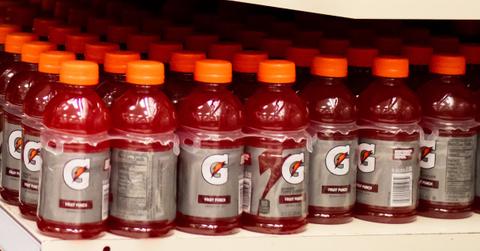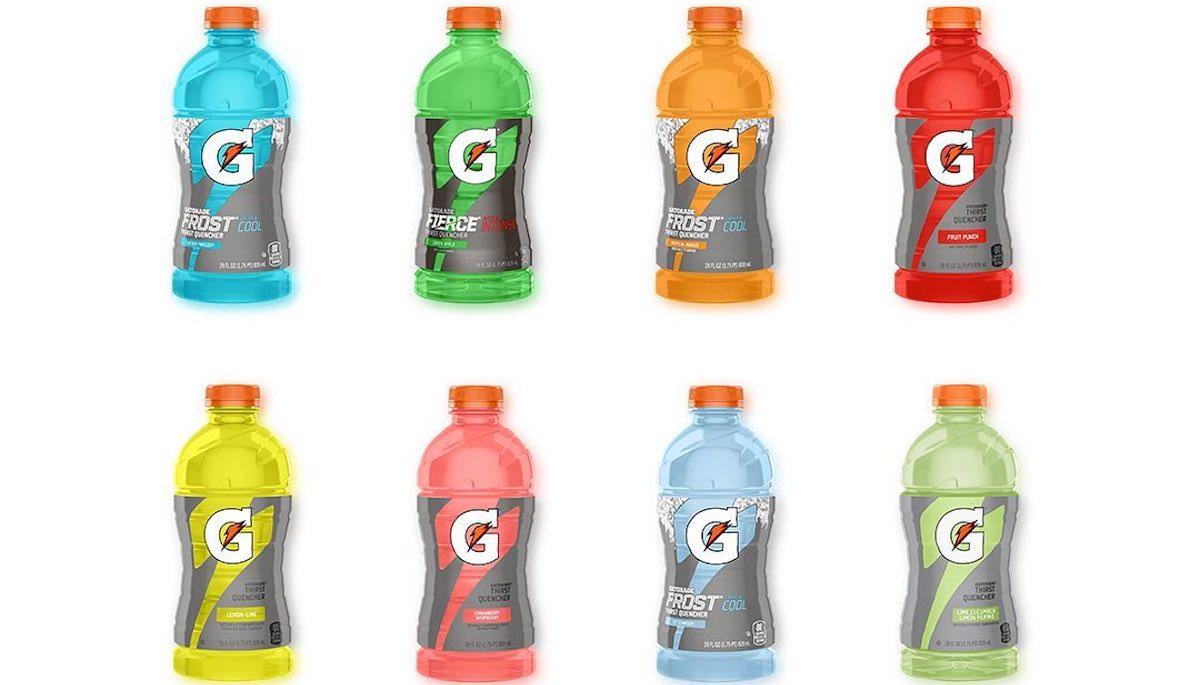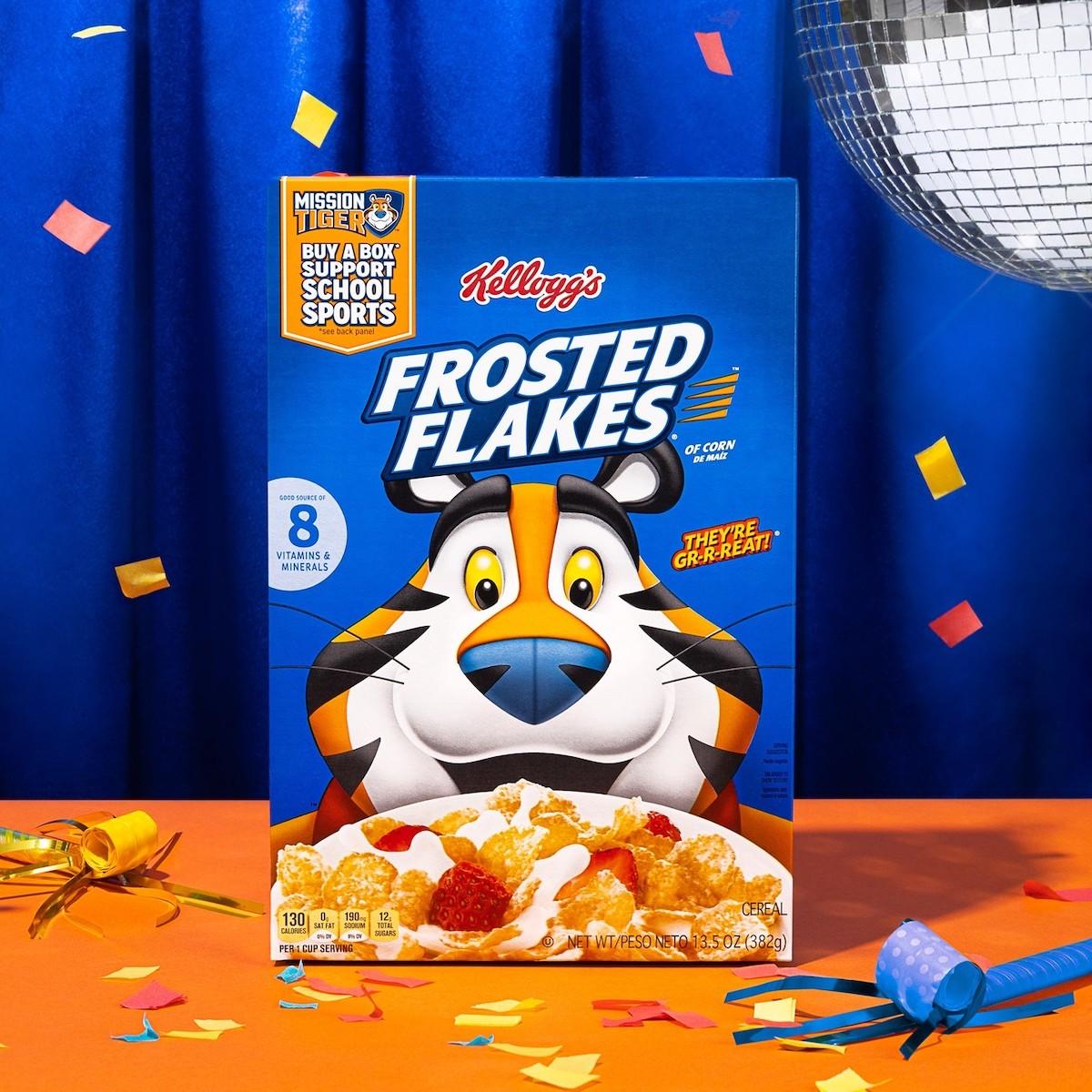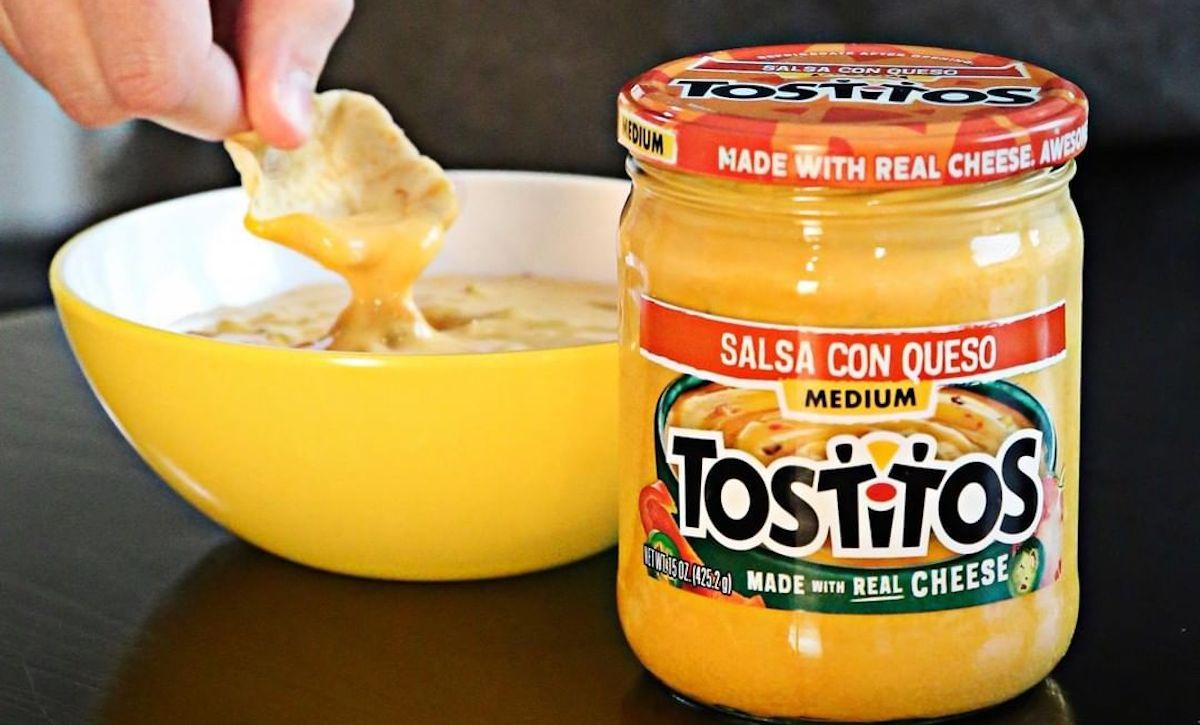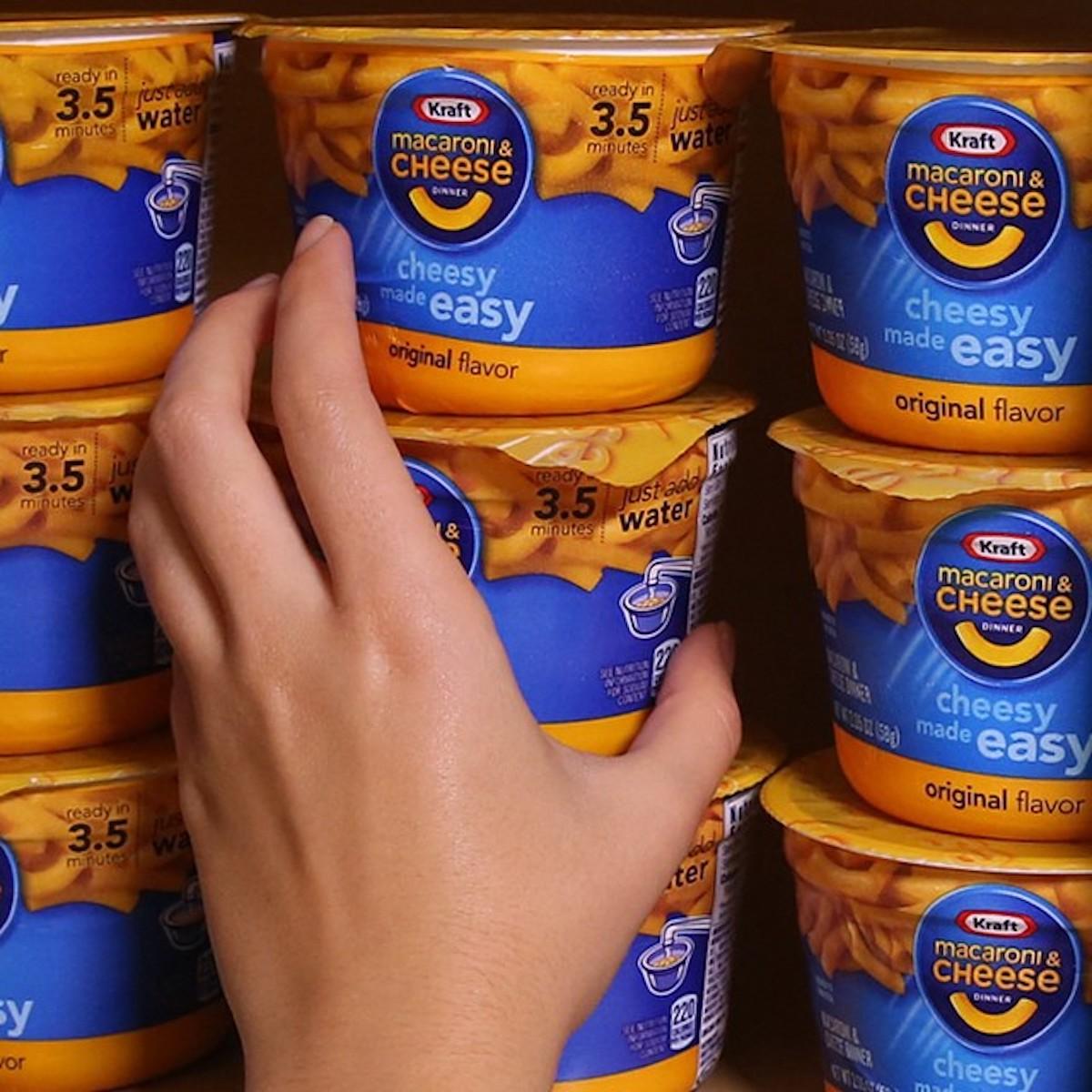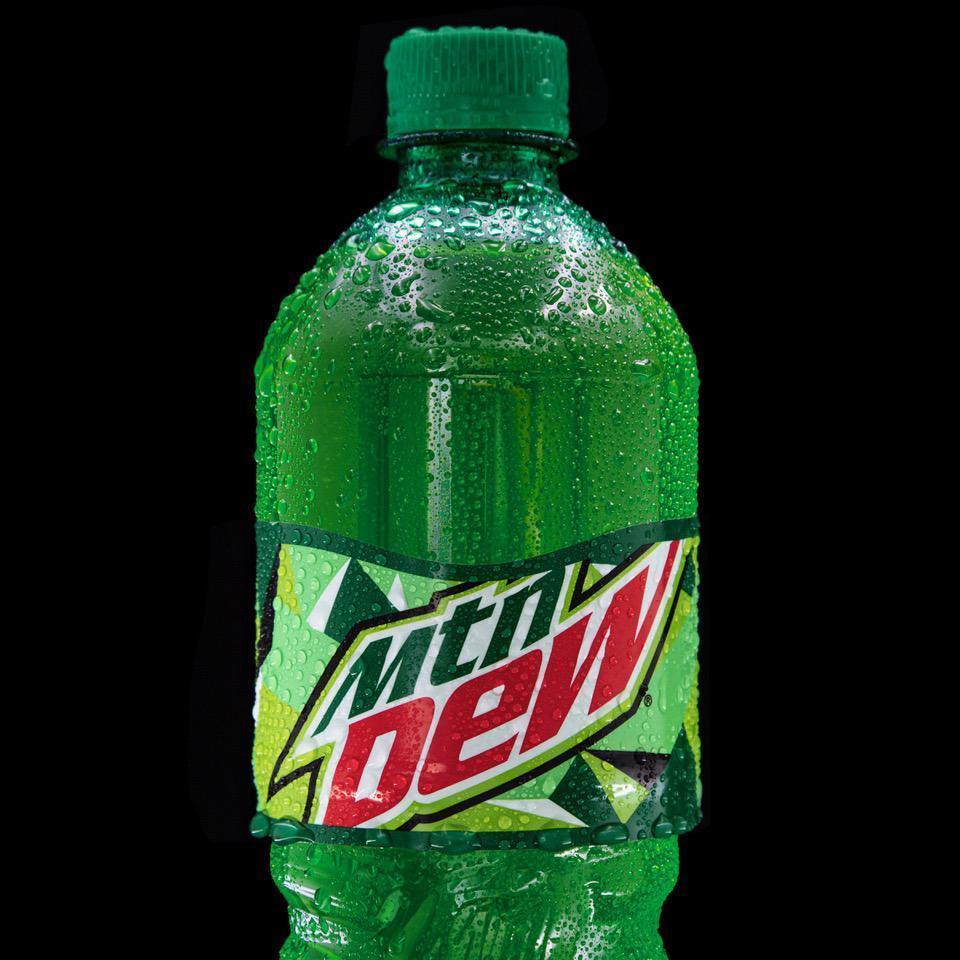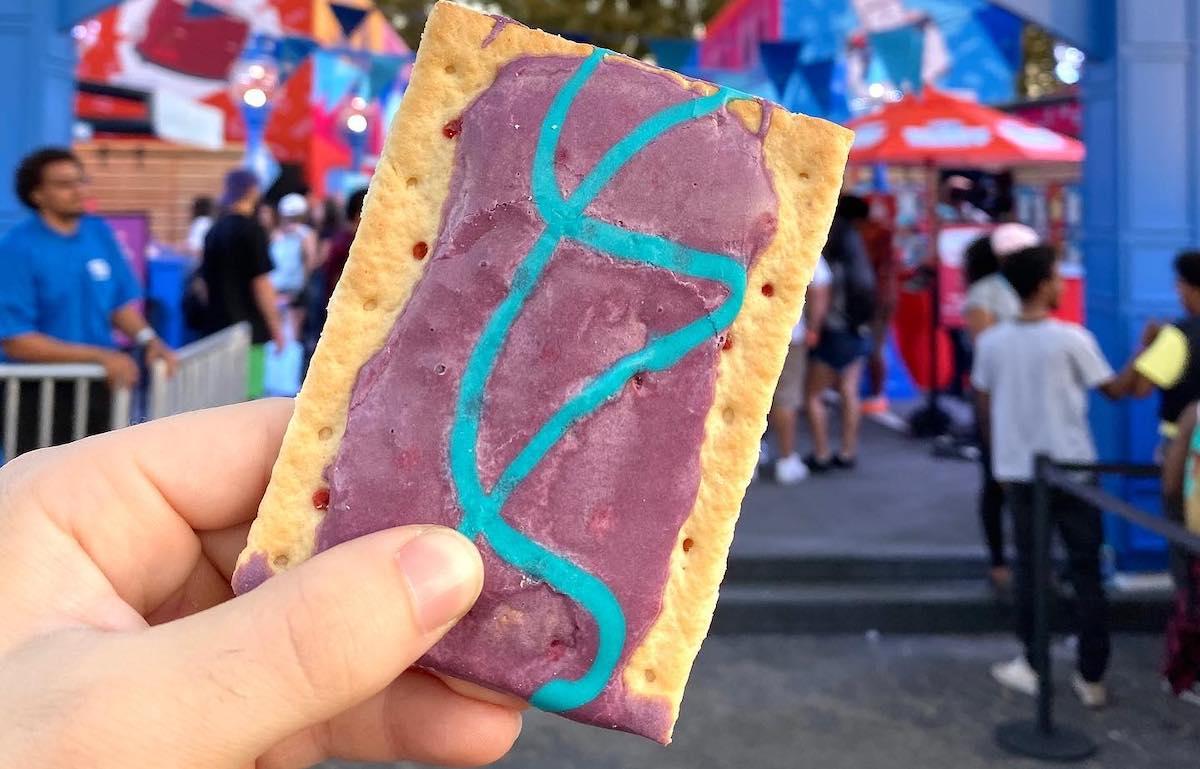Here Are Some of the Many U.S. Foods Banned in Other Countries — And Why
Because of additives and processes that violate other countries' food safety guidelines, many popular U.S. foods are banned in other countries.
July 14 2022, Published 1:49 p.m. ET
Ever been overseas and wondered why you can't find a Gatorade to save your life — even when other Pepsi products seem to be available? It's just one of many U.S. consumables that are banned in other countries.
Every country has some authoritative body to assess the safety of products we consume, and while the FDA may deem a product we enjoy as safe to ingest, other countries' equivalent agencies beg to differ.
Here are just some of the popular U.S. foods and drinks you typically won't find overseas because they've been banned for sale there.
Gatorade
Gatorade was previously banned throughout Europe because some flavors once contained an emulsifier called brominated vegetable oil (BVO), which is still present in many popular U.S. products today. The brand did eventually get rid of BVO, but some varieties of the sports drink contain Yellow 5 and Yellow 6, dyes that are banned for consumption by infants and young children and must carry a warning label in all E.U. countries. They are also completely banned by some countries that have stricter guidelines beyond what the EU dictates, such as Norway and Austria.
Little Debbie Swiss Cake Rolls
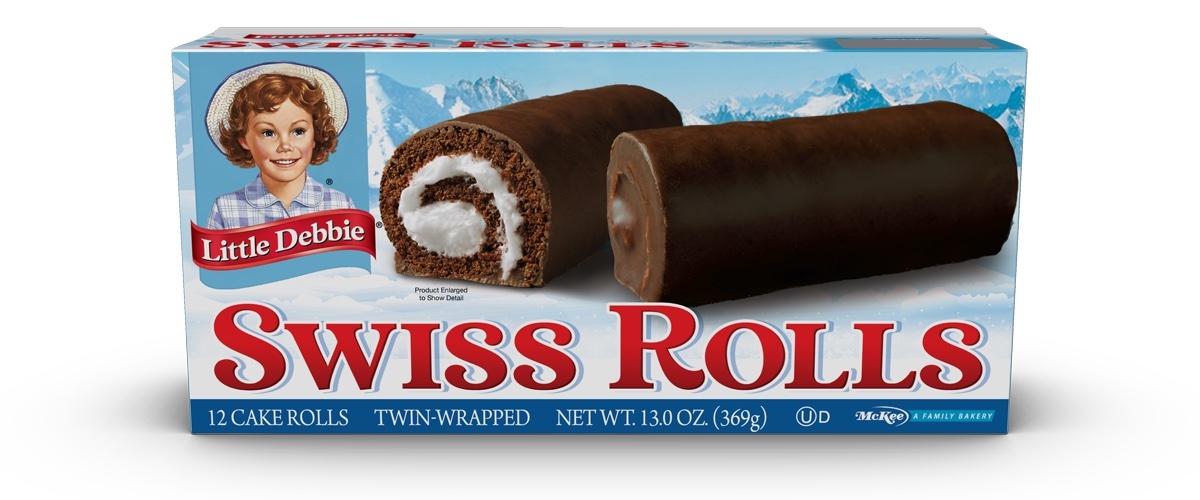
The popular snack cakes were a lunch box staple of the 1990s, but in many European countries, they are banned or heavily restricted because of multiple ingredients that have determined are too unhealthy to ingest. The biggest reason Little Debbie Swiss Cake Rolls are verboten is that they contain food dyes that are deemed harmful to children. Some studies have shown Yellow 5 dye damages white blood cells, while other research has found a possible link between consumption of Red 40 and ADHD diagnoses in young children.
Aside from the food dyes, which are banned in some countries and at the very least require a warning label in al EU countries that sell products containing them, the Little Debbie Cakes also contain palm oil, which recently underwent restriction in the EU, as well as high-fructose corn syrup.
Kellogg's Frosted Flakes
They're grrrrreat, but Kellogg's Frosted Flakes and many other U.S. breakfast cereals are banned in the EU and Japan if they contain BHT, a food preservative that's also used in cosmetics and rubber products. That doesn't necessarily make them unhealthy, but some research links BHTs to certain cancers, which is why the U.K. and Europe banned the use in food. General Mills recently made a shift to remove BHT from its cereals, but not every U.S. manufacturer is on board.
Skittles
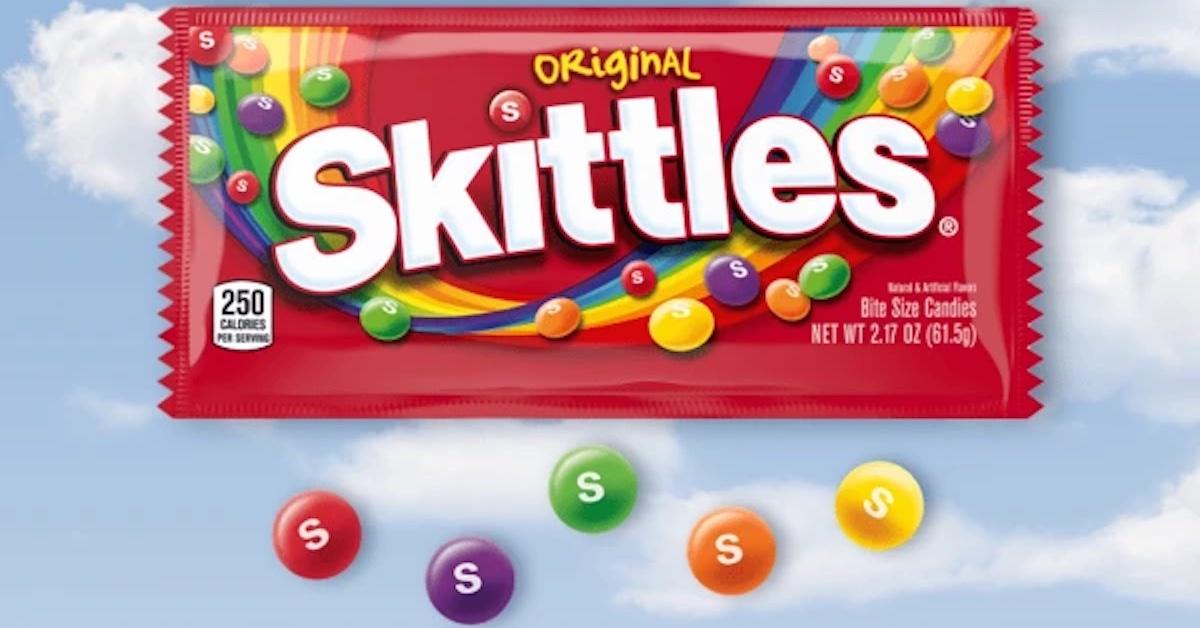
Skittles are banned in Austria, Sweden, and Norway because of the presence of Yellow 5 and Yellow 6. In other EU countries, they carry a warning label.
Tostito's Salsa con Queso dip
You guessed it again — the culprits are yellow food dyes here as well! Austria completely prohibits Yellow 5 and Sweden prohibits Yellow 6, while Norway has banned both.
Kraft Macaroni and Cheese
Do I even need to say it? It's the yellow dyes; however, there's a version of Kraft Dinner sold in the U.K. and other British Commonwealth countries that contains no artificial colors or flavors, but it tastes slightly different from the American childhood favorite.
Mountain Dew
If you want to Do the Dew in Europe, you're going to have to bring some with you. Partly it's the Yellow 5, but mostly it's the BVO that keeps it off shelves abroad.
Blueberry and Wild Berry Pop-Tarts (and other imitation blueberry products)
Another food dye is the culprit here: Blue 1. While the ban on Blue 1 has been lifted in most EU countries, Norway is the hold out.
Many U.S. bread products
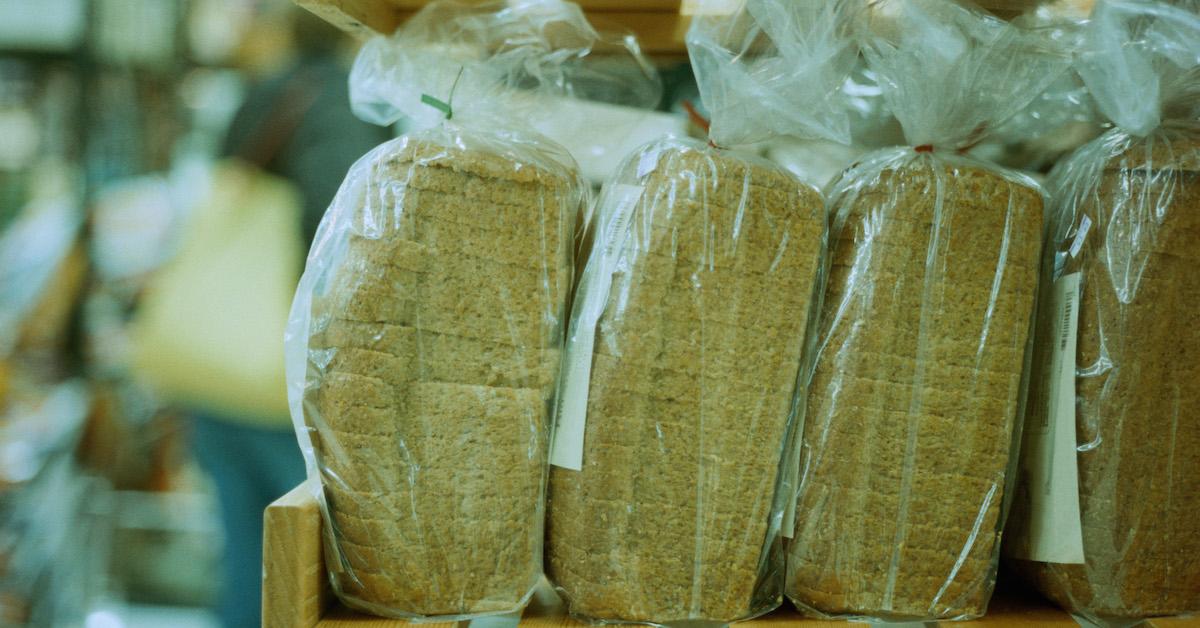
A dough conditioning agent called azodicarbonamide is common in a lot of U.S. bread products, because it makes breads spongier. It's also used in yoga mats for the same reason. Of course many food-safe ingredients have a use in non-edible products, but azodicarbonamide is also found to exacerbate asthma and may be carcinogenic.
Another common additive in U.S. breads that is banned abroad is potassium bromate, which makes bread fluffier. However, it's a known carcinogen, and is therefore banned not only in Europe, but also in China, Canada, South Korea, Nigeria, and Brazil, among other countries.
Most U.S. dairy products
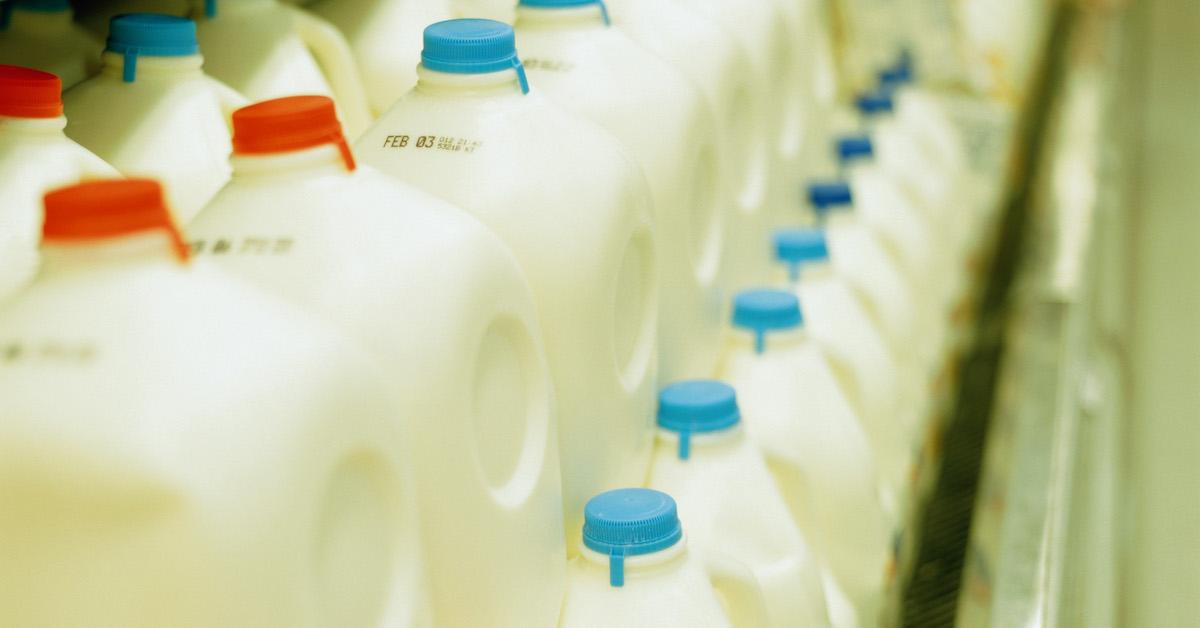
Most non-organic dairy from the U.S. contains recombinant bovine growth hormone (rBGH) and/or recombinant bovine somatotropin (rBST), which are lab-generated synthetic versions of growth hormones naturally produced by cows. The use of rBST in banned in Canada, Australia, New Zealand, the U.K., and the EU, so you won't find most American commercial dairy products outside the U.S.
Many U.S. meat products
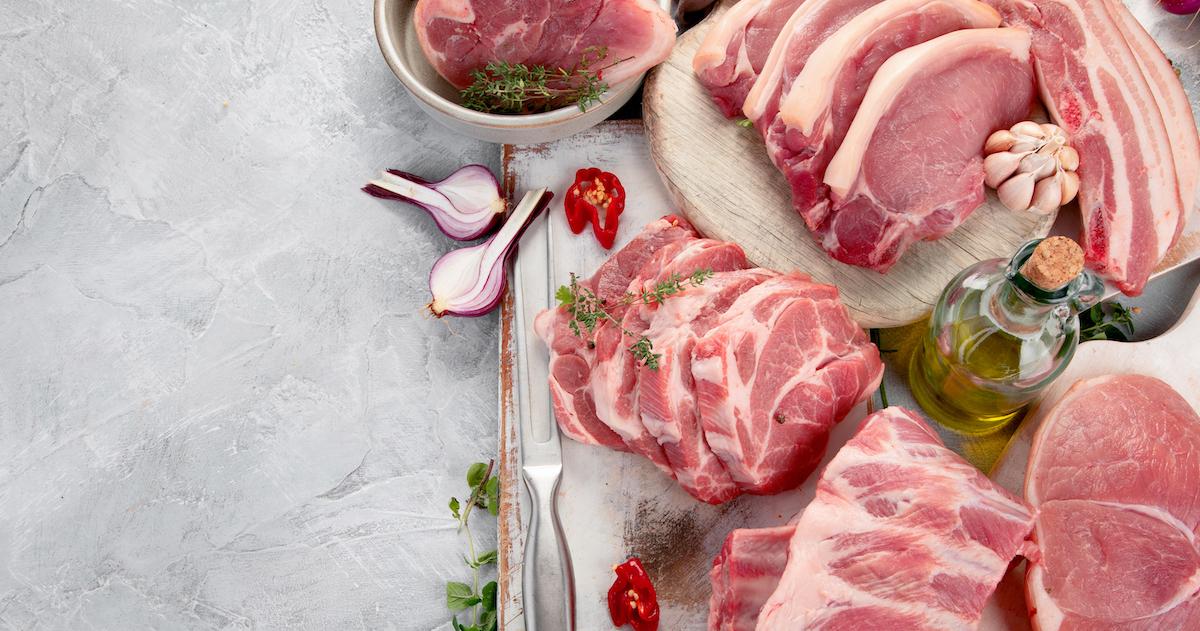
Many U.S. meat producers, especially pork producers, use ractopamine to fatten animals up, but studies have shown it is harmful to the animals. Many governments have deemed it unfit for human consumption, so U.S. pork is broadly prohibited outside the U.S. Ractopamine isn't the only common additive in U.S. meat processing that is verboten in other countries. Synthetic growth hormones and other feed additives also fall on the list of ingredients that are barred by many other governments.
